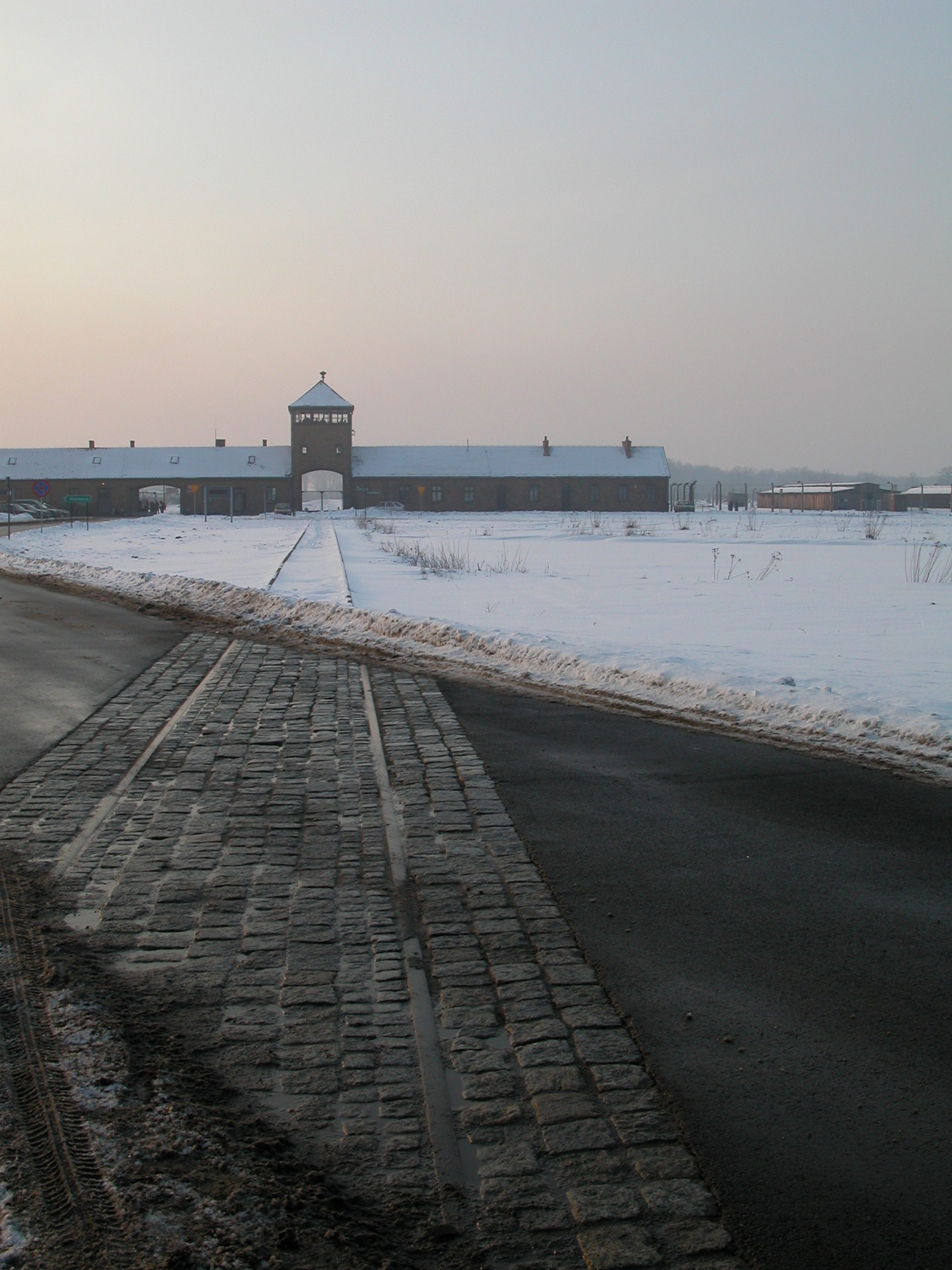The term holocaust comes from the Greek language, where it means “burnt offering.” Originally referring to ritual rites, it now broadly describes the genocide and extermination of approximately 6 million European Jews by Nazi Germany and its allies during World War II.
Holocaust is synonymous with the term “Shoah” or “Shoah”, which in Hebrew means total annihilation or destruction. It is a term considered more appropriate by Jewish theologians and scholars because it does not invoke the positive meaning of a burnt offering, but has a clear and negative expression. The term “total extermination” is also used in Poland.
The effects of the Holocaust:
– the death of 6 million European Jews (including about 3 million Polish citizens, or about 90% of all Jews living in Poland before the war broke out),
– destruction of Jewish culture in Poland and Ukraine,
– in Jewish culture – perception of the Holocaust as a watershed event in the history of the nation,
– emigration of the majority of survivors due to the perception of Central and Eastern Europe, including Poland, only as a place of extermination,
– religious and moral problem: questions about the existence and goodness of God, and about “morality after Auschwitz”,
– blaming Poland and Poles for not helping the Jews enough and even for collaborating with Germans in the extermination of the Jews (including the offensive and misleading phrase “Polish camps”).
Bearers of memory. Poles who survived Auschwitz
Over 70 years ago, they were just numbers. They experienced exactly what hunger, poverty, and ubiquitous, daily death are. They are old, often severely ill and injured. But they do not complain, because they are alive. Despite the traumatic experiences that will stay with them to the grave, they speak out loud and boldly about what really happened, so that history does not erase the traces. At meetings with German youth, they talk about the cruelty of the SS men, the smoking chimneys of the crematoria, and the burning of fermented corpses on pyres. They are nearly 90 years old. The listeners know that this may be the only and unique opportunity to learn about the testimony of the survivors of hell.
Auschwitz-Birkenau camp is an inhuman and cruel symbol of extermination. Paradoxically, it is visited by millions of tourists. In addition to the more than one million murdered Jewish women, men and children and tens of thousands of Poles, thousands of Roma and Sinti were also exterminated at Auschwitz. Those who survived had to struggle with unimaginable hunger and work beyond their strength. It is therefore difficult to choose which solution was “better.
The Germans established Auschwitz in 1940 to imprison Poles. From 1942 it became the largest extermination site for European Jews. The camp was liberated by Red Army soldiers on January 27, 1945.
Thanks to the efforts of former prisoners, a museum was established on the grounds of the former camps of Auschwitz I and Auschwitz II-Birkenau in July 1947. In 1979, the site of the camp was inscribed on the UNESCO World Heritage List as the only site of its kind.
They survived the camp, but never came out of it…
Despite the passage of so many decades, there are still people among us who saw the war with their own eyes. Among them are people who survived the hell of Auschwitz-Birkenau. Often, in our daily rush of duties and thoughts, we no longer pay attention to them, and we do not even know that they are still alive among us. And what is more important, they still have much to tell us, their stories are as important now as they were in the past.
Usually, in all kinds of books about the Holocaust and former concentration camp prisoners, the authors pay little attention to their lives a dozen or so years after the war, as if their world ended when they left the camp, or when they relatively embraced their world after the war. This is certainly not correct thinking. It is impossible not to remember such experiences. They survived the camp, they never fully left it, all their lives they were haunted by the images that they saw in this hell on earth, in their dreams various situations from life in the camp returned.
In the book “Goodnight, Auschwitz” we learn about their moving stories.
This book is different from other camp literature. It focuses on the life, often on the eve of death, that the former prisoners led, what activities occupied their day, where they volunteered, how they helped others, what they suffered from. Above all, it is a profound story about human passing, about how much we should, and indeed must, remember, because they will disappear from this world in a little more time.
For people who have been or are at the end of their lives, this lifelong nightmare with them, the trauma they suffered, is almost over. Then they will be able to say “Goodnight Auschwitz” and think no more about it…
